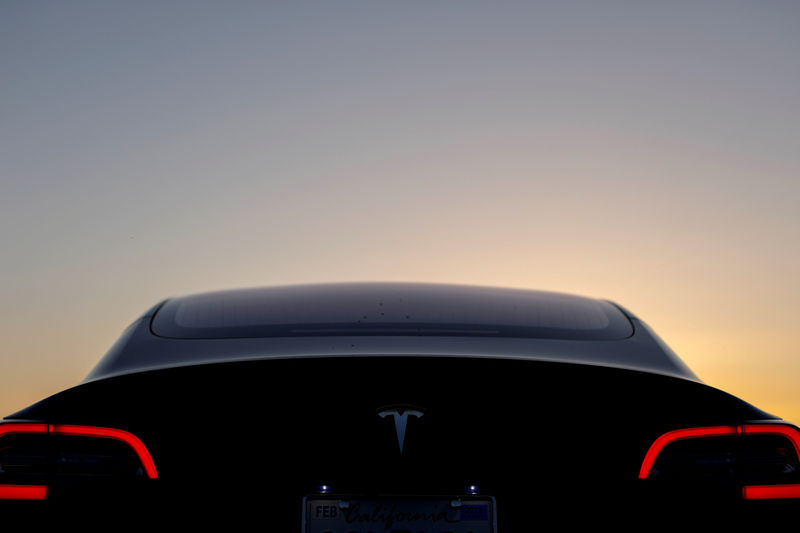Tesla’s earnings results for the fiscal second quarter came in largely as analysts expected following the earlier delivery update.
The big highlight of the report was the auto gross margin miss, which, along with lower-than-expected earnings per share (EPS), sent the EV giant’s shares tumbling in Wednesday’s premarket trade.
Analysts also hoped to hear more about Full Self-Driving (FSD) adoption rates following recent price cuts, but management only noted a "meaningful increase."
Still, despite mixed results and the subsequent sell-off, analysts at Canaccord Genuity believe the “real, meaty catalysts” for Tesla (NASDAQ:TSLA) stock are yet to come.
The first of these catalysts will take place on October 10, the new date for Tesla’s Robotaxi Day. Analysts said the event is expected to provide more details on Tesla's planned robotaxi vehicle and service offerings.
During the call, Elon Musk confidently said that “unsupervised” FSD could be achieved late this year or next year, which is "way, way before our expectations,” Canaccord noted. However, analysts cautioned that Musk has previously been optimistic with his timelines.
Musk also downplayed regulatory concerns, suggesting that if FSD can achieve a mean time between failure (MBTF) better than a human, it would address safety issues.
The analysts maintain a cautious stance on the regulatory environment but acknowledge that their caution might be overly conservative. They remain concerned about the predictability, transparency, and cost of Tesla’s end-to-end approach.
"Be on the lookout for new vehicles, as well, including more affordable models, to start production in 1H25… another meaty catalyst,” analysts added, reiterating a Buy rating and the $254 price target on Tesla stock.
Tesla reported adjusted earnings per share (EPS) of $0.52 on revenue of $25.5 billion for the second quarter, missing Wall Street's estimates of $0.61 per share but surpassing the expected revenue of $24.33 billion.
The bottom line was impacted by a decrease in automotive sales to $18.53 billion from $20.42 billion a year ago. Gross margins excluding credits, one of the key metrics, fell to 14.7% in Q2 from 18.1% the previous year, below analysts' estimates of 16.3%.
